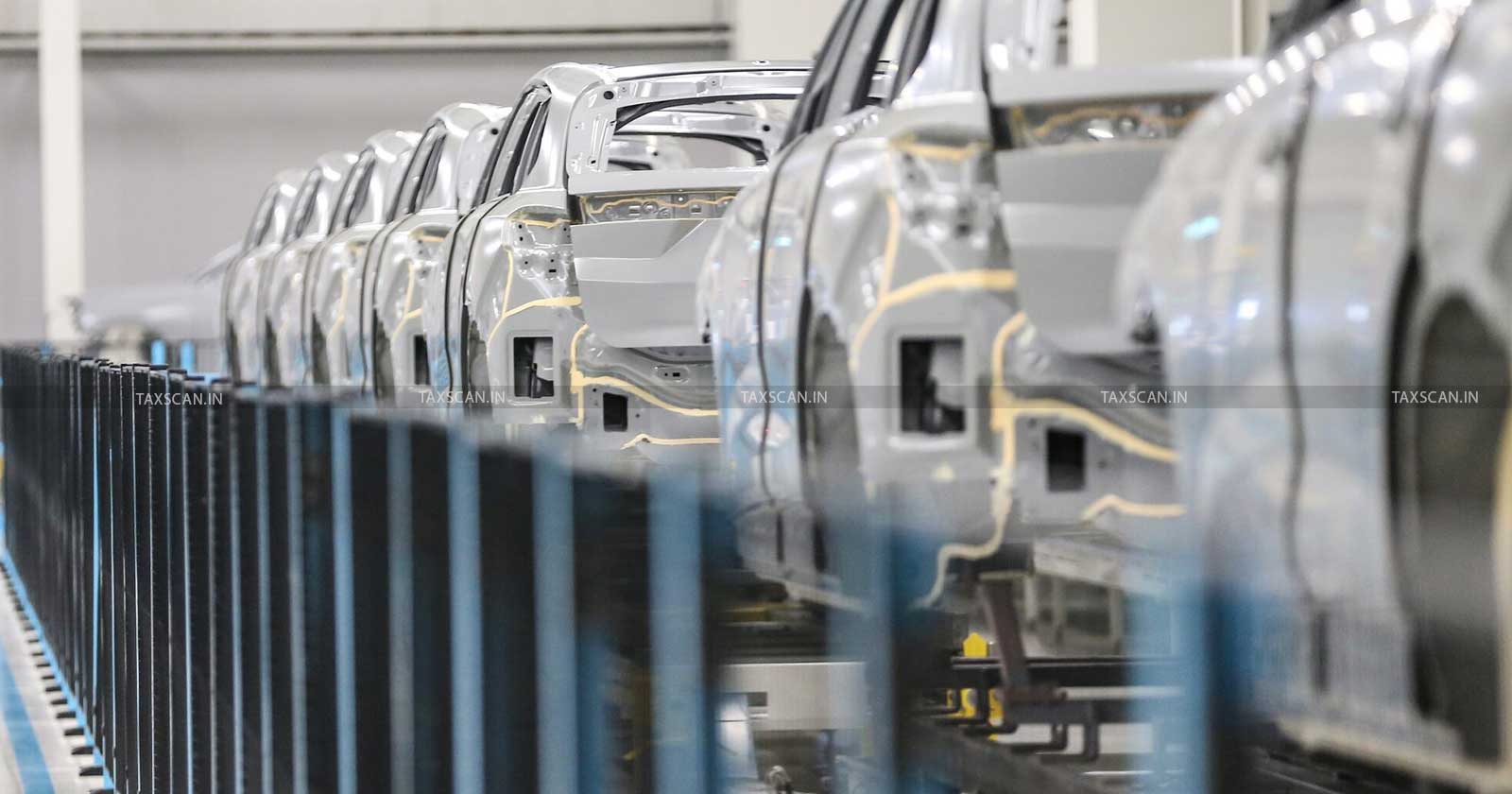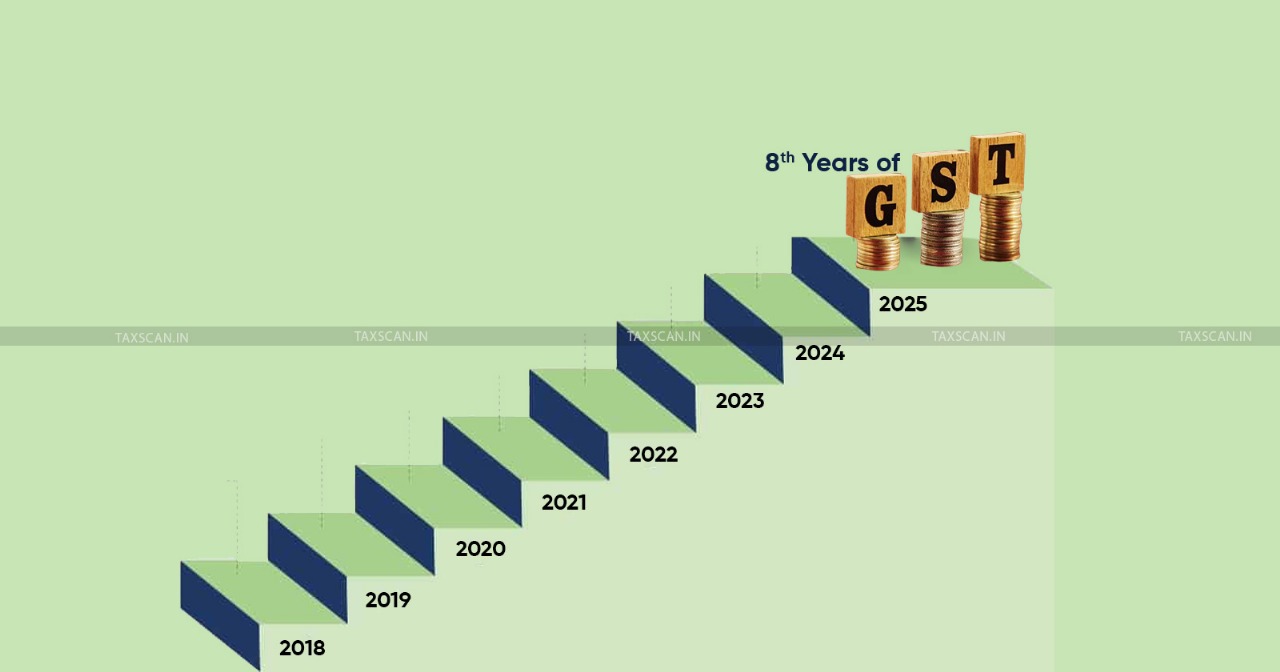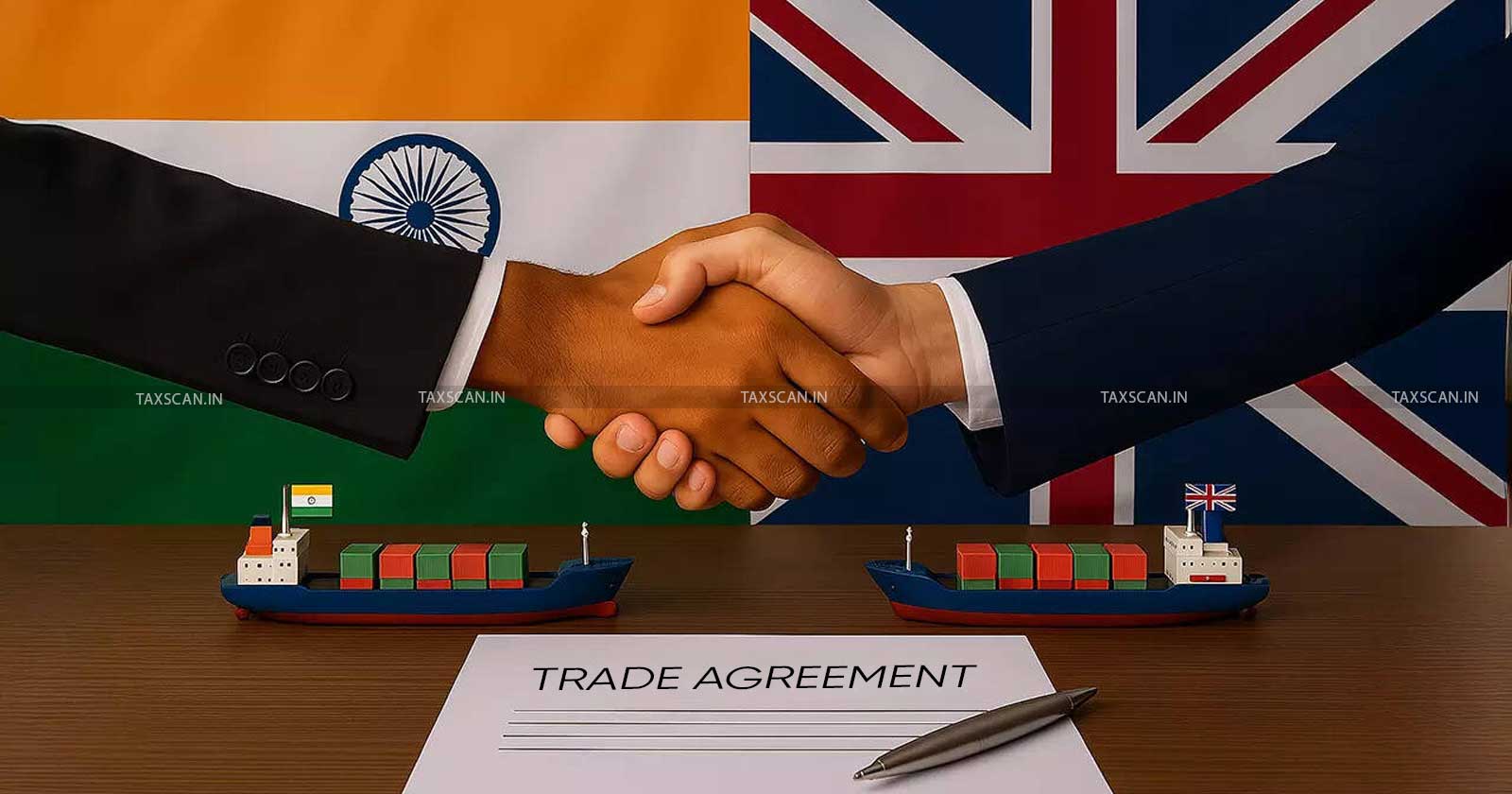Trump-ets Blaring! How the US President is navigating India Trade Deal, Anti-Subsidy Threats against Tesla and Inflation on Chinese Products
President Donald Trump continues to carry on his brash and unique manner of navigating the political landscapes in all that he does

US President Donald Trump’s current trade and economic strategy is shaping key global conversations, with a particular impact on India. As negotiators from both countries inch closer towards finalising a much-awaited bilateral trade deal, tensions remain high on several other economic fronts, including US’ threats against subsidies enjoyed by American EV manufacturer Tesla and the tangible impact of tariffs on Chinese goods for American consumers.
India-US Trade Deal
The proposed India-US trade deal, described by the White House as “very close to completion,” is at the heart of recent diplomatic efforts. White House Press Secretary Karoline Leavitt confirmed that President Trump and Indian Prime Minister Narendra Modi continue to maintain a strong personal and strategic relationship, and that negotiations are in their final stages.
Both countries are working against a deadline of July 9, which is when the US is set to impose new reciprocal tariffs on imports from 57 countries, including India, if a deal is not reached. India’s negotiation team, led by chief negotiator and special secretary for commerce Rajesh Agrawal is in Washington seeking to resolve last-minute sticking points, including India’s request for the US to withdraw current and planned tariffs on Indian steel, aluminium, and auto parts, and the US push for greater access to Indian markets, especially in agriculture and natural gas.
Understanding Common Mode of Tax Evasion with Practical Scenarios, Click Here
Despite progress, issues related to India’s agricultural and dairy sectors remain highly sensitive, with the Indian government determined to protect the interests of its vast farming population who have been deemed the backbone of the nation since time immemorial.
This round of talks is expected to lay the groundwork for a broader free trade agreement aimed at doubling bilateral trade to $500 billion by 2030. Both sides hope that an “early harvest” agreement will be announced soon, preventing the automatic imposition of US tariffs that could significantly impact Indian exporters.
Musk and Trump on War Footing
On a separate front, President Trump has escalated his public dispute with Tesla CEO Elon Musk, threatening to cut all government subsidies for Musk’s companies. The conflict emerged after Musk criticised Trump’s spending policies and signaled support for new political alternatives.
Trump countered with public remarks challenging the value of subsidies granted to Tesla, arguing that removing these could “save a fortune” for American taxpayers.
https://truthsocial.com/@realDonaldTrump/posts/114776149269773065
Musk responded defiantly, insisting that Tesla and similar firms do not depend on government handouts, while simultaneously criticising US fiscal policies and the direction of current legislation. The public keep watching on warily, especially since either parties were earlier deemed to be hand-in-glove to revolutionize misfinances within the US Government.
Understanding Common Mode of Tax Evasion with Practical Scenarios, Click Here
 Also Read:India Launches EV Manufacturing Portal: Global Automakers Can Import Premium EVs at Slashed 15% Customs Duty Under SPMEPCI Scheme [Read Order]
Also Read:India Launches EV Manufacturing Portal: Global Automakers Can Import Premium EVs at Slashed 15% Customs Duty Under SPMEPCI Scheme [Read Order]
Chinese Tariffs
Meanwhile, the consequences of US tariffs on Chinese goods are becoming increasingly visible to American consumers. A detailed study by DataWeave revealed that the median price of more than 1,400 China-made products sold on Amazon to US buyers has increased by 2.6% between January and mid-June, a rate that exceeds core goods inflation in the same period.
Items ranging from electronics and home goods to school supplies have seen the steepest price hikes, demonstrating how the tariff strategy is feeding into higher retail prices across the US.
 Also Read:8 Years of GST: A Gaze at Milestones, Misses and the Mapping of India’s Indirect Tax System
Also Read:8 Years of GST: A Gaze at Milestones, Misses and the Mapping of India’s Indirect Tax System
As Indian and international businesses monitor the developments eagle-eyedly , it is clear that the intersection of US trade negotiations, subsidy policies, and tariffs is not just shaping government strategy - it is directly affecting global markets and household budgets.
Support our journalism by subscribing to Taxscan premium. Follow us on Telegram for quick updates



